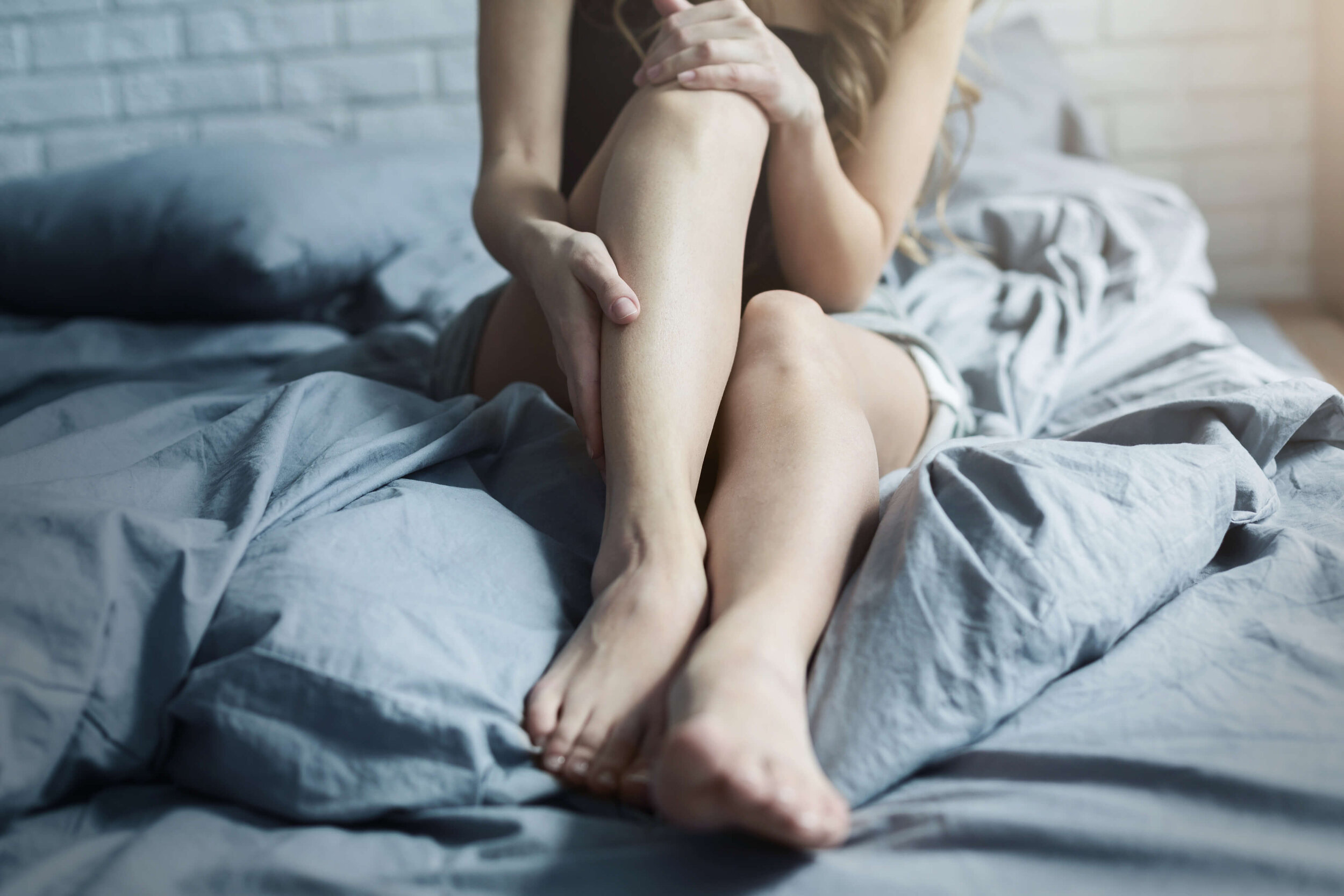5 Ways to Ease Your Restless Leg Syndrome Symptoms
If you suffer from Restless Leg Syndrome you aren’t alone, up to 15% of the population will be affected by this condition. Those affected tend to skew slightly towards women and especially those that are pregnant. With the discomfort that this condition produces and no specific root cause or cure, finding relief can be difficult. The origin of RLS is unknown to researchers and in many cases there could be no identifiable cause. However, there are up to nine different nervous system or vascular-related conditions that they have found could contribute to the discomfort. Those conditions include:
Cardiovascular disease
Sleep apnea
Diabetes
Peripheral neuropathy
Renal disease Anemia or iron deficiency
Vitamin D deficiency
Autoimmune disorders (Lupus)
Dopamine disorders (Parkinson's, Huntington's, and Tourette's)
Various medicines
While knowing that an underlying cause could be out of reach, there are still some things that you can try to find relief. Here are five activities to try when looking to ease your symptoms:
Exercise daily: Try to create a habit to get your body moving every day. Avoid doing your workouts close to bedtime so you don’t add to the RLS symptoms
Establish sleep routines: Setting a schedule for your body to sleep helps to train it to know when it’s time to sleep and what to expect at that time.
Stretch your legs: Take time to give your legs the care they need by stretching daily. This improves circulation and gives your muscles relief from tension.
Practice relaxation: Activities like meditation or yoga can help calm your mind and body. When you relax your body you give room for healing.
Use hot packs or warm baths: Warming your leg muscles can provide relaxation but also can provide some relief to the tension stored in them.
Some bonus tips!
Limit caffeine & alcohol
Avoid tobacco
Maintain a healthy weight
Massage your legs
Need some additional guidance? Lumbar, spine, and lower back problems could contribute to RLS discomfort. Set up an appointment with Dr. Urban at Urban Chiropractic today for an evaluation.
Source: LIVING WITH RESTLESS LEG SYNDROME, Retrieved from https://d2tdnxb10ob8wc.cloudfront.net/clinics/0/form/files/c6cba831-277c-4f0c-804a-fed95bcfa486.pdf

